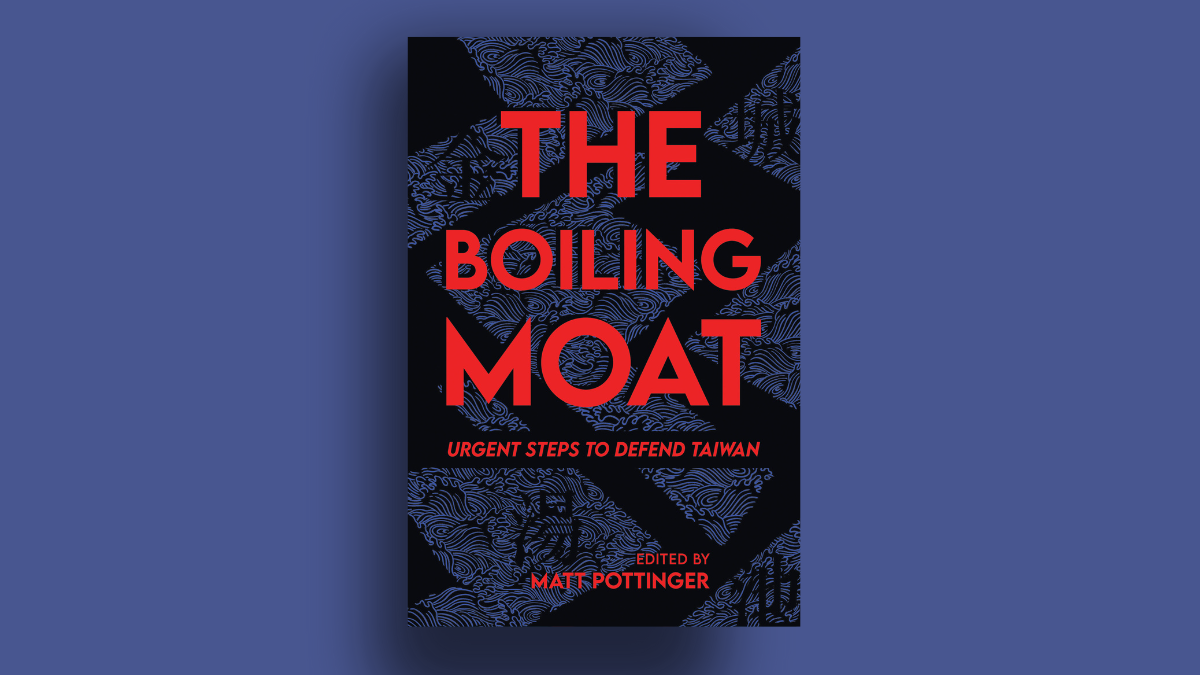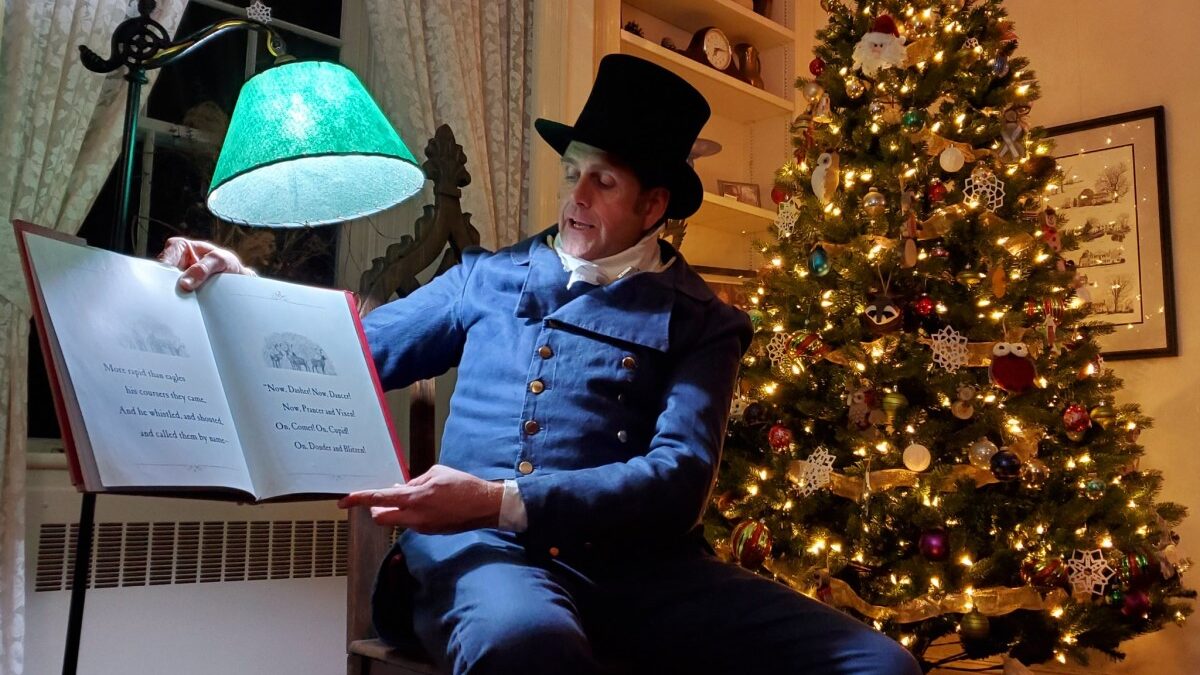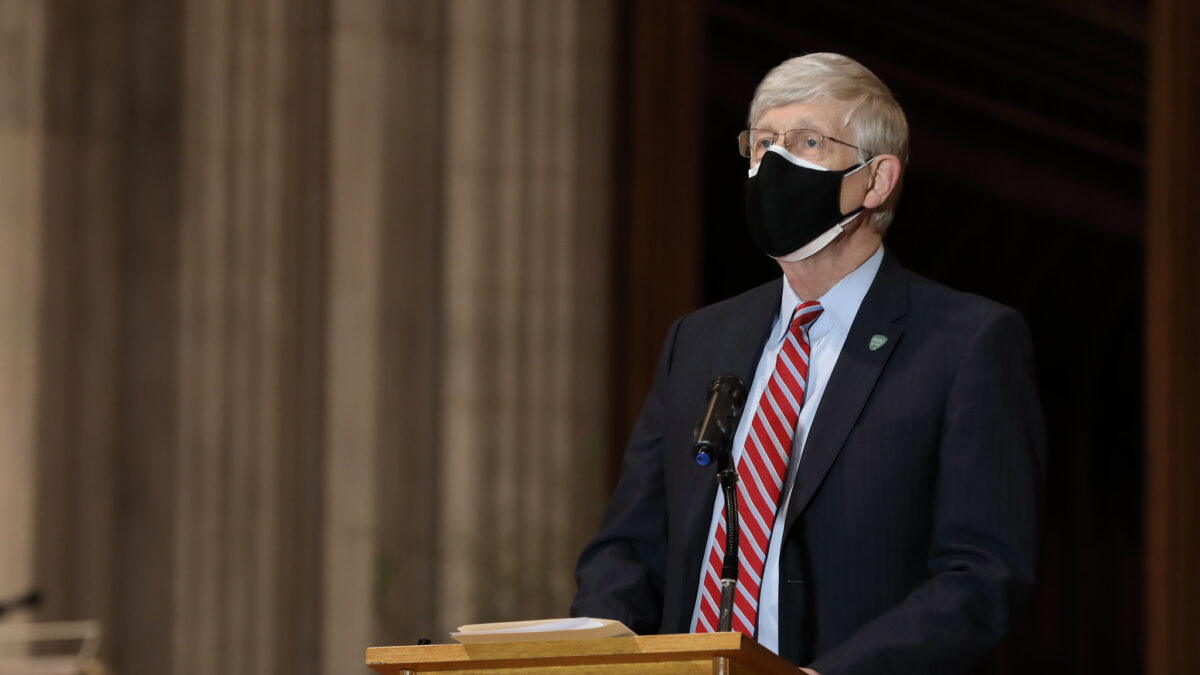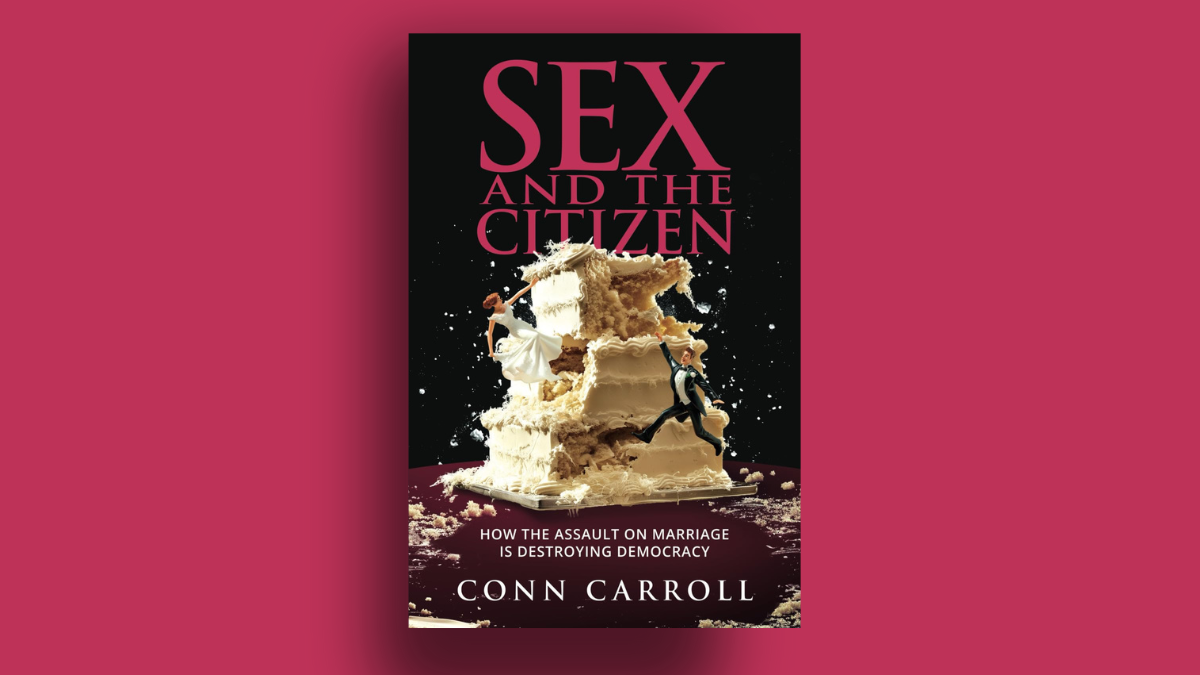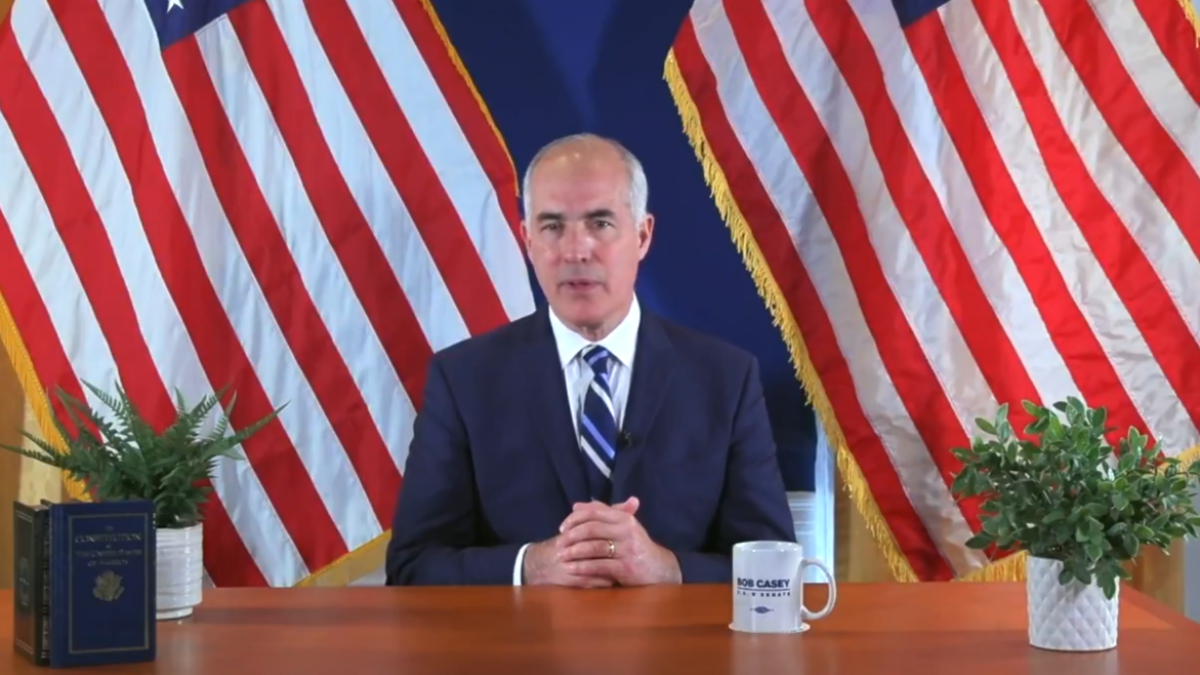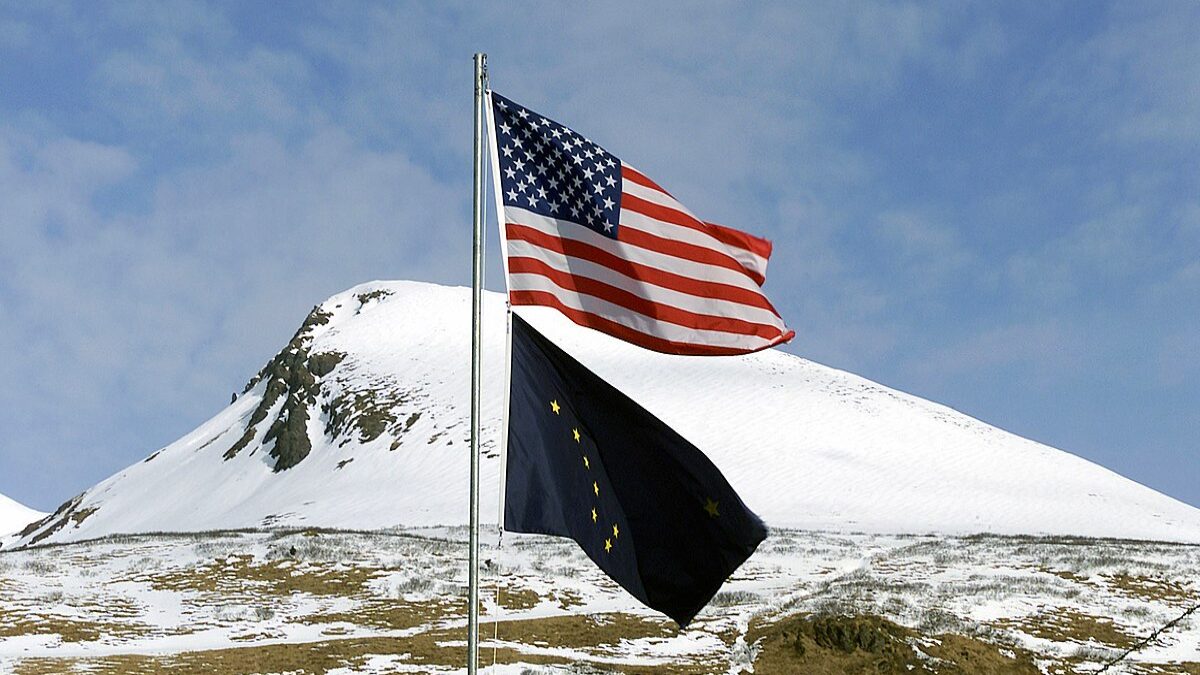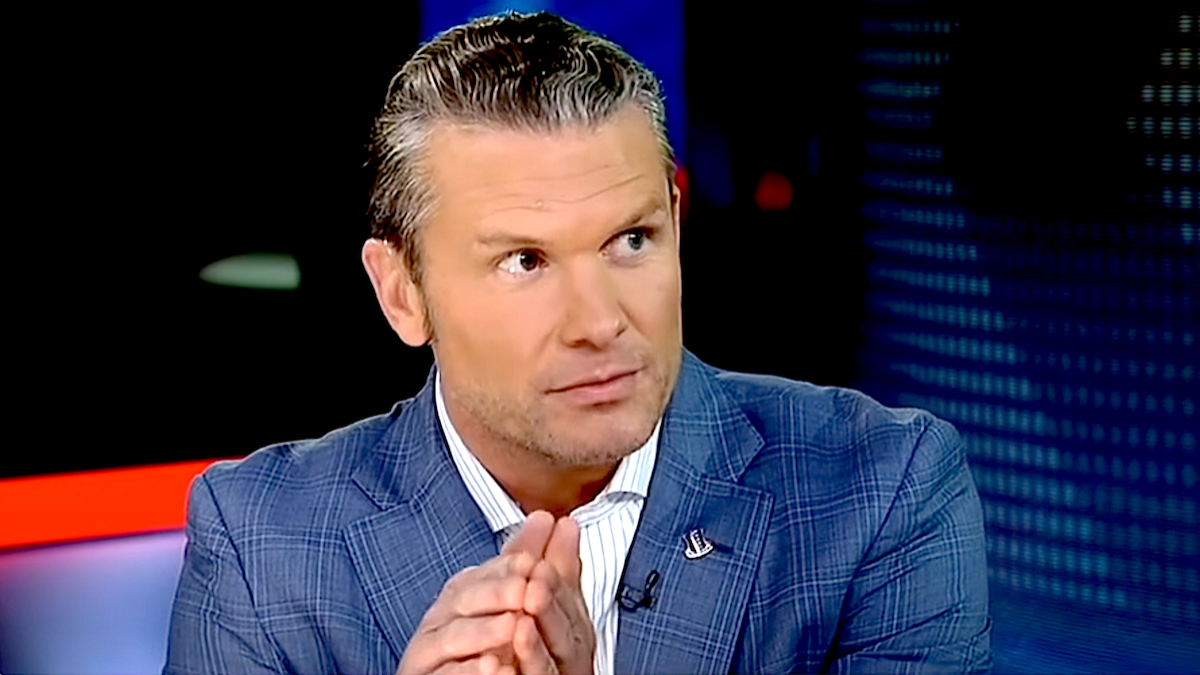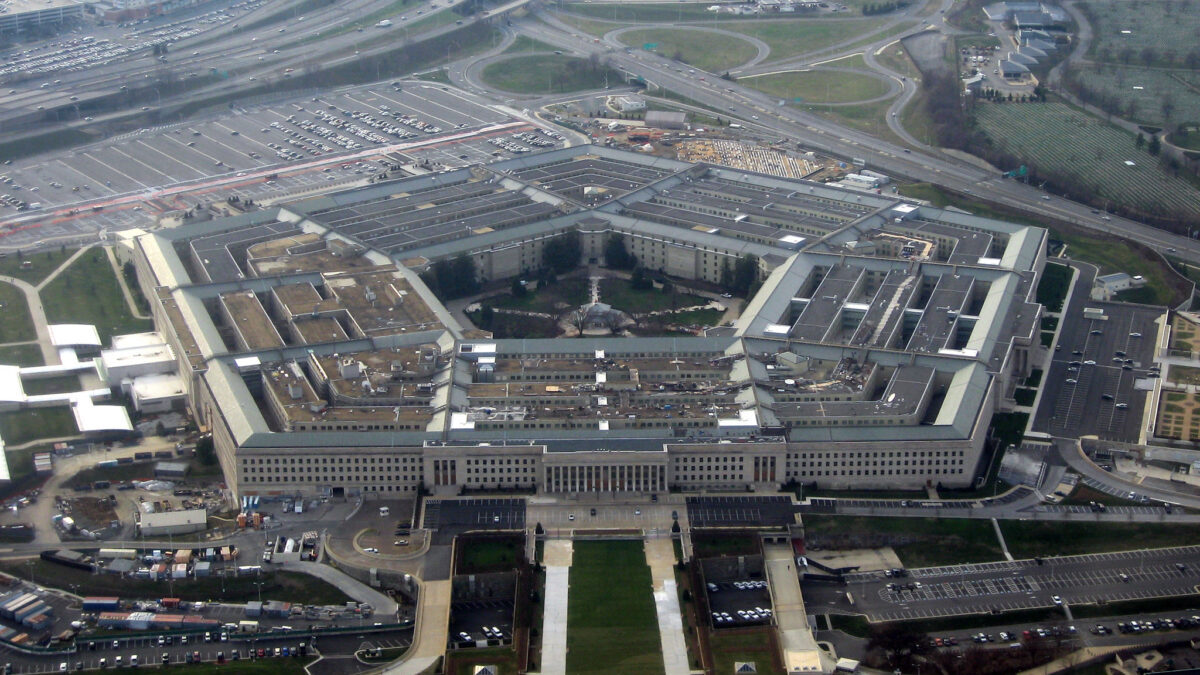Reports of book banning have proliferated throughout the media. Understandably, such claims should raise concern among free speech advocates. The ability to freely disseminate knowledge and challenge the status quo is a fundamental pillar of a free society. An illiberal act such as a book ban should be met with scorn by those who truly care about advancing society. However, behind claims of rampantly spreading censorship, a key question has been left unanswered. What’s a book ban?
The word ban is generally understood to mean a prohibition of a certain behavior, substance, or object. However, due to First Amendment constitutional protections and corresponding case law, it’s illegal for any government entity to outlaw the possession of a book. With very rare exceptions, there are no penalties for owning, buying, and selling books in America.
Yet media reports claim book bans are spreading like wildfires in states such as Florida and Texas. So how can that be?
Which Books Are Banned?
The issue is primarily a cultural tug-of-war taking place in public school libraries. The discovery of sexually explicit books on school bookshelves nationwide has sparked controversy.
Pen America is easily the most cited organization when it comes to book bans. The self-proclaimed “free speech” advocacy group is mentioned in almost every media report on the subject. Yet few Americans understand the very expansive definition of a “book ban” utilized by the organization. Pen America considers books “challenged for review,” but still available for student use, as “banned” even if the books haven’t been removed from the library. Pen America considers any book that’s available but age-restricted as “banned.” Moreover, several school districts have refuted the popular book ban list produced by Pen America, claiming the list contained books that were never removed from circulation in their respective libraries.
An expansive view of “book bans” creates a few problems. There’s an assumption that the government has a responsibility to produce and distribute every book in existence to school children free of charge. This may sound great until you consider that books often contain inaccurate, poorly sourced, or controversial information. I doubt anyone of reason would consider the exclusion of books such as Hitler’s “Mein Kampf” (a Nazi manifesto), “The Anarchist Cookbook” (a bomb-building guide), and “The Turner Diaries” (a white supremacy recruitment novel) from our public K-12 libraries to be an illiberal attempt to suppress free speech.
Does Ideology Influence Book Selection?
Nonetheless, there’s reason to believe some librarians have injected their own bias into the procurement process. Writer Kirk Cameron has had his Christian children’s books rejected by publicly funded libraries that openly embrace drag queen story hours featuring pro-transgender book titles. At the time of writing, Pen America’s website produced nothing on the aforementioned controversies surrounding the rejection of conservative-themed books.
Additionally, the American Association of School Librarians grants an annual “Social Justice” award of $2,000 to librarians and $5,000 for new books to school librarians for devising a “program, unit, or event in support of social justice using resources of the school library.” Although one may agree with the decisions of a publicly funded library to promote or demote a certain viewpoint, it requires a substantial degree of denialism to pretend viewpoint discrimination isn’t happening.
Who Should Pick the Books?
A 5-4 Supreme Court Decision in Board of Education, Island Trees Union Free School District v. Pico (1982) restricts school boards from removing books on the basis of subject matter, recognizing school libraries as special free speech zones. However, the dissenting justices argued that, because books can be obtained outside the school library and school board officials are democratically elected to handle affairs related to the management of the school, there are no First Amendment implications concerning the exclusion of certain materials. Furthermore, the view of school libraries as being crucial free speech zones seems antiquated in the age of social media and smartphones.
Maybe it’s time to question the idea that a government agency refusing to disseminate a book constitutes a ban of any sort. Public school libraries are taxpayer-funded entities. In our democratic society, we vote for policies that reflect our values and preferences. These voter preferences should manifest as we set priorities in public school education.
Just as many jurisdictions may refuse to provide bomb-building instruction, gunsmithing guides, and white supremacy manifestos to their students, school boards everywhere should be allowed to make reasonable value judgments concerning objectionable content.
Educators and librarians are humans with biases and policy preferences just like the rest of us. Deferring to them with no community oversight doesn’t prevent viewpoint discrimination; it just ensures it goes unchallenged.


